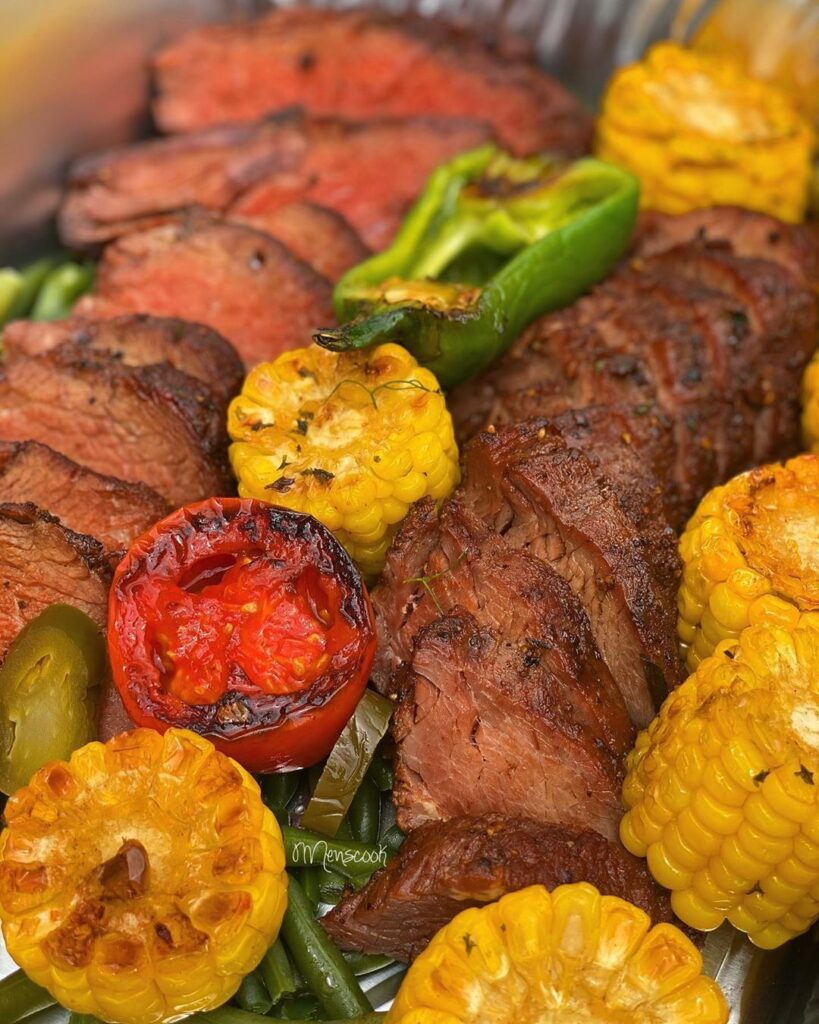There’s a lot to love about corn, aka maize. It’s sweet, juicy, and deliciously versatile. Corn is also a staple in Ghanaian celebrations, from casual picnics to barbecues, naming ceremonies to weddings. But beyond its adaptability and mouthwatering flavor, corn is packed with essential nutrients.
Here, discover all the need-to-know health benefits of corn — plus, corn recipe ideas for enjoying the iconic veggie.
Corn is low in calories — yet filling.
A medium-sized ear of corn clocks in at only about 77 calories. But don’t let its 17 grams of carbs scare you. While you want to avoid simple carbs such as white rice, complex carbs — including whole grain foods like corn — provide our primary source of fuel. And although it tastes sweet, an ear of corn has only about three grams of sugar, compared to an apple’s 19. Bonus: Corn is a good source of protein and fibre, which keeps you feeling satiated.
Corn is good for diabetics.
According to the Centers for Disease Control and Prevention, some 40 percent of Americans will develop Type-2 diabetes in their lifetimes, with middle-aged and older adults at the highest risk. While corn is often considered a food type that diabetics should avoid, research demonstrates that corn bran helps control the disease.
Corn helps prevent eye diseases.
Research shows that corn’s high level of carotenoids is strongly associated with a reduced risk of cataracts and macular degeneration. One study found a 43 percent reduction in these diseases among participants who’d consumed the highest amounts of carotenoid-rich foods.
Corn promotes colon health.
Corn is a source of both soluble and insoluble fiber, which keeps your digestive system humming. Research shows that fiber plays a role in preventing colon cancer and increases good gut bacteria. For many years, eating foods like nuts, corn and popcorn were incorrectly assumed to cause diverticular disease, a painful condition involving infected pouches in the intestine. But a Health Professionals Follow-Up Study that followed a large cohort of men for 18 years found no association.
Corn’s antioxidants help prevent cancers.
A Cornell University study analyzed the phytochemical composition of corn and found it to have the highest antioxidant levels of all grains tested — more than wheat, oats, and rice. Corn also had the highest phenolic content, including an extraordinary quantity of ferulic acid, which helps prevent colon, breast, and prostate cancers.

